20 years on, 'Veer-Zaara' still resonates across borders
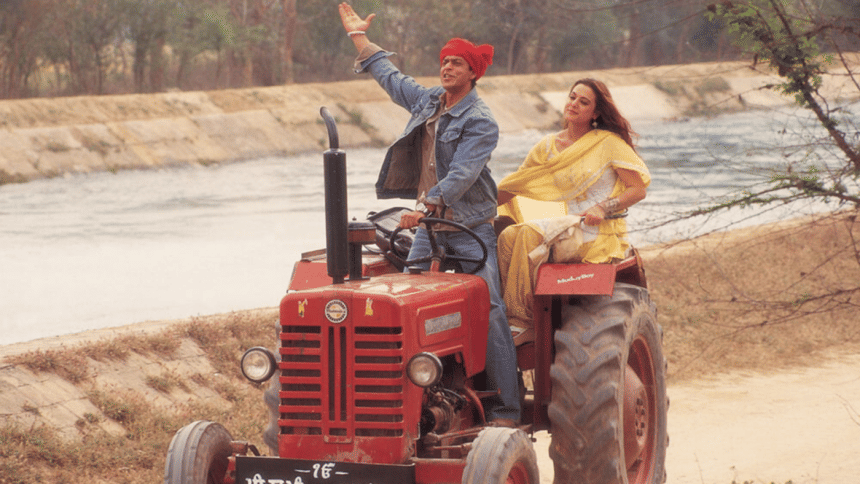
Two decades ago, when Bollywood was still discovering cinema's transformative power, a film that forever redefined love for a generation came along. The legendary Yash Chopra's "Veer-Zaara", released in 2004, is not just a love story set against the backdrop of political and cultural divides; it is a timeless saga and a poetic rendering of yearning, sacrifice, and boundless commitment. Back in the day, this classic story of a love between an Indian man and a Pakistani woman defied the limitations of mere romance and became an emotion in itself. After all these years, "Veer-Zaara" remains iconic, a film cherished for its artistry, music, and the undying love that it portrays.
The film centres on Veer Pratap Singh (Shah Rukh Khan), a noble-hearted officer in the Indian Air Force, and Zaara Hayaat Khan (Preity Zinta), a young Pakistani woman from an influential family. Their first meeting is almost fated, a spontaneous connection amidst the beautiful landscapes of Punjab, India. What follows is a gradual unfolding of a love so deep, it reshapes both of their lives.
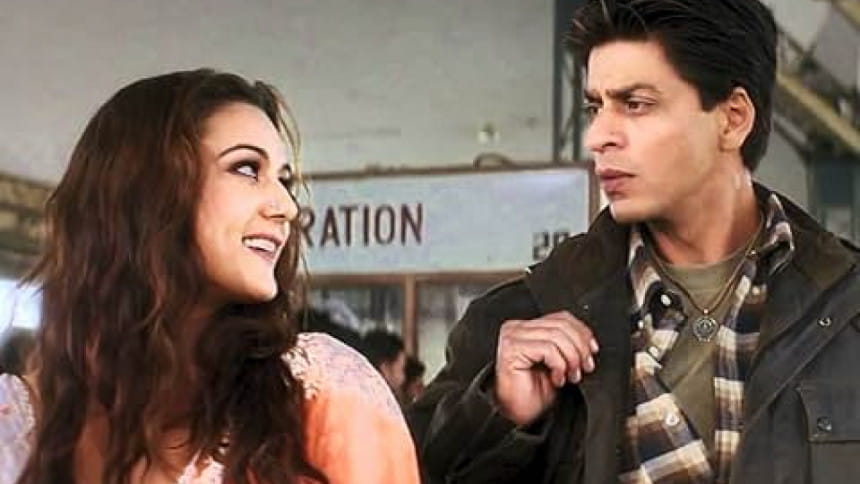
What makes their love so exceptional is its purity and simplicity. Unlike the fast-paced romances presented today, their connection blossoms slowly, nurtured by moments that feel real and unhurried. When Zaara visits Veer's village, she is introduced to his culture, his family, and his way of life. Here, love transcends individual affection and becomes a bridge between two nations. In Zaara's acceptance of Veer's village and culture, and Veer's serene acceptance of the cultural and political complexities that separate them, "Veer-Zaara" tells us that true love is never about erasing differences; it is about embracing them.
In the second half of the movie, Yash Chopra explores the depths of sacrifice that come with love. When Veer finds himself wrongfully imprisoned in Pakistan, he chooses to stay silent, bearing the pain for the sake of Zaara's happiness. His silence is not one of helplessness but of profound strength—an act of sacrifice that defies common understanding. For 22 years, he lives in a prison cell, disconnected from his own life, sustained only by memories and a faint hope that Zaara remembers him.
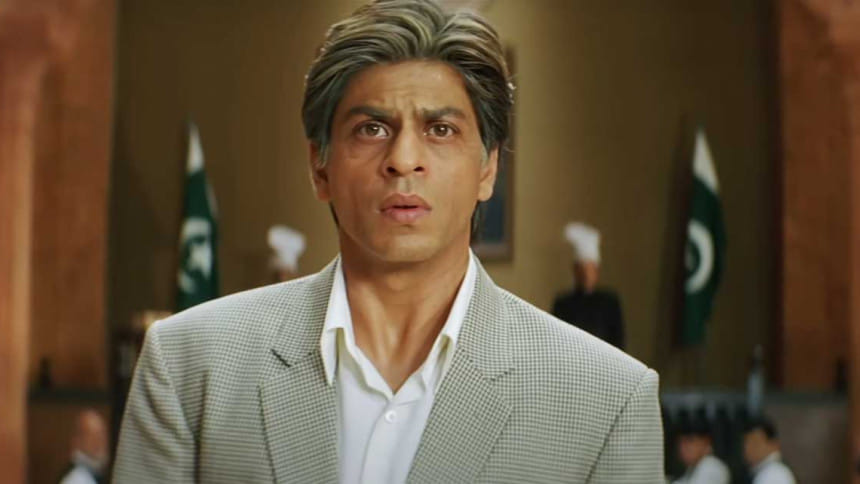
Veer's choice speaks of a love that goes beyond romantic gestures or longing glances — it requires foregoing expectations and the desire for immediate gratification. It is the sort of sacrifice that feels almost mythical in today's world, where the boundaries of relationships are often defined by convenience and instant fulfilment. Veer's selflessness is love that is not always about claiming or possessing another person, rather it is about the willingness to suffer even if it means protecting the person you love.
Zaara's story arc is equally powerful. Hailing from a conservative Pakistani family, she is constantly reminded of her obligations and the expectations placed upon her. Her love for Veer is, from the beginning, conflicted by her loyalty to her family and culture. The beauty of her character lies in her transformation. When she believes Veer to be lost, she chooses to carry his memory and honour him by devoting her life to his village in India. It is an act of love that defies societal norms, challenging the idea of duty in the face of genuine emotion.
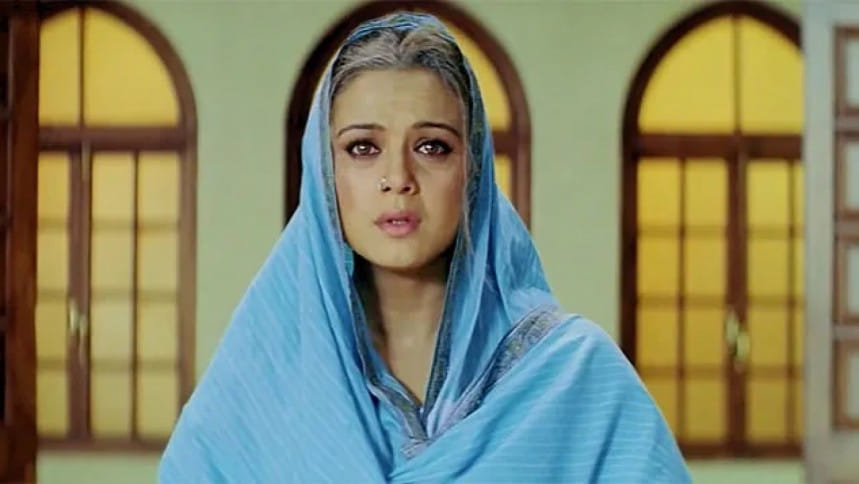
Through Zaara, Chopra explores the notion of a woman's agency, particularly in a conservative society. Despite the restrictions around her, she claims her voice by making choices that define her destiny. Her decision to wait, to preserve her love for Veer, makes her one of the most nuanced portrayals of a woman in Hindi cinema. She is not the typical helpless heroine; she is a woman who, even in despair, retains dignity and strength.
One of the most enduring aspects of "Veer-Zaara" is its soulful music, composed by the late Madan Mohan and brought to life through the legendary voices of Lata Mangeshkar and Udit Narayan. The songs are not just interludes; they serve as narrative elements that reveal layers of emotion, much of which is left unsaid in the dialogues. The music encapsulates a nostalgic essence that is rare in cinema. Each melody feels like a memory, a whisper of tenderness that lingers in the mind long after the film ends. In "Tere Liye", we feel the ache of separation, in "Do Pal", the fleeting beauty of their time together, and in "Aisa Des Hai Mera", a longing for unity that transcends political boundaries. The music of "Veer-Zaara" is truly the soul of the film, echoing the love that continues to resonate even today.
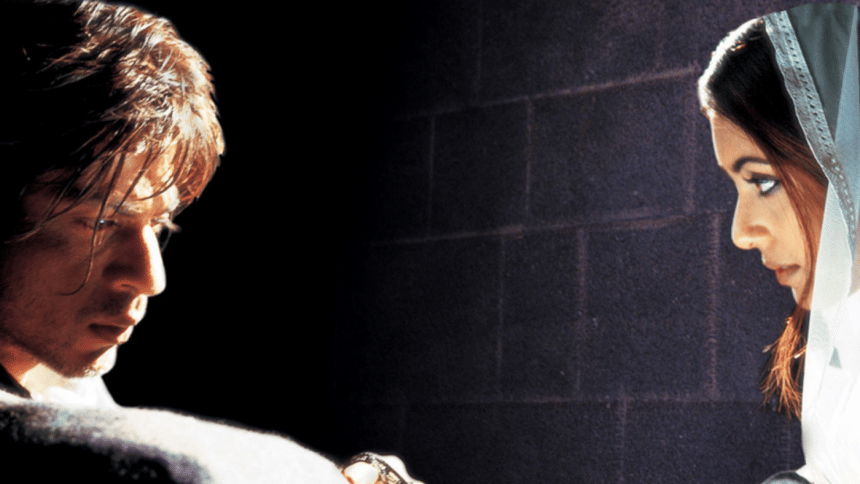
In today's fast-paced world, where love is often reduced to brief encounters and relationships can be as fleeting as a message on a screen, "Veer-Zaara" feels like a timeless oasis. It embodies a kind of love that does not demand constant affirmation, a love that is not afraid of silence. In a culture where love stories are increasingly defined by external drama, "Veer-Zaara" stands out because its tension is internal, born from the quiet conflicts within Veer and Zaara's hearts. The film reminds us that love is as much about strength and endurance as it is about joy and connection.
Moreover, the film is also a political statement, peacefully advocating for peace and understanding between India and Pakistan. By centring the story on an Indian man and a Pakistani woman, the late Yash Chopra made a subtle yet bold statement on unity. Veer and Zaara's love story is a rejection of the divisions that have historically plagued both nations, suggesting that perhaps love is the ultimate bridge.

For those of us who watched "Veer-Zaara" in our formative years, it left an indelible mark. It taught us that love is not always about being together; sometimes, it's about choosing to love someone quietly, from a distance, without expectation. Veer's unflinching devotion and Zaara's unwavering loyalty became ideals, though bittersweet, of a love that feels almost impossible in our own lives.
In revisiting the film, I am struck by how deeply it speaks to the quiet, often unacknowledged sacrifices people make in relationships. Watching Veer wait, his love preserved through two decades of silence reminds us that love can thrive even in the darkest of places. Veer's love didn't demand reciprocation—it simply existed, unyielding and constant.
Today, 20 years later, "Veer-Zaara" endures because it resonates with something universal. It is a film that honours the idea that true love is not about finding someone who fits perfectly into your life but finding someone worth waiting for.

 For all latest news, follow The Daily Star's Google News channel.
For all latest news, follow The Daily Star's Google News channel. 









Comments